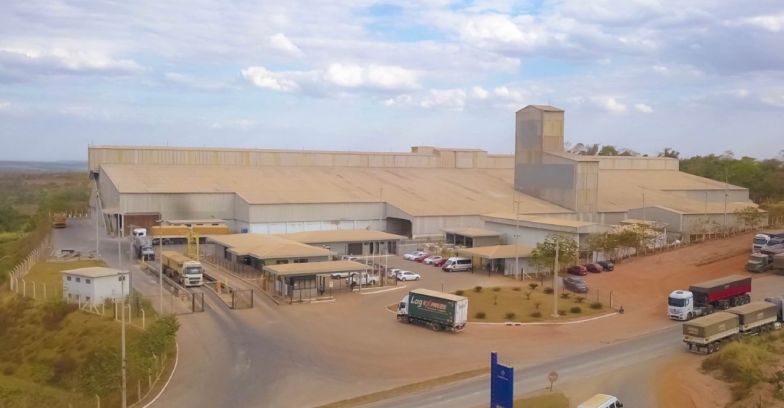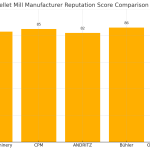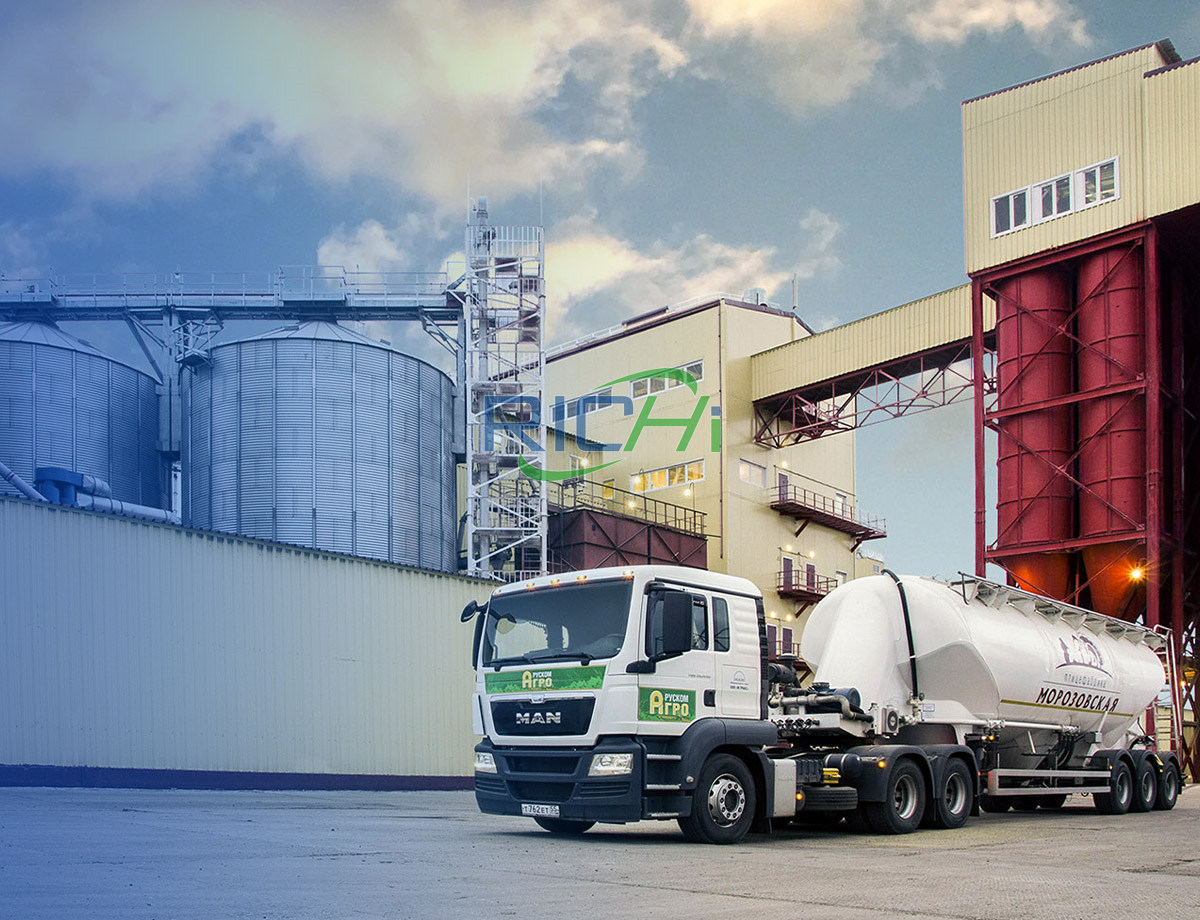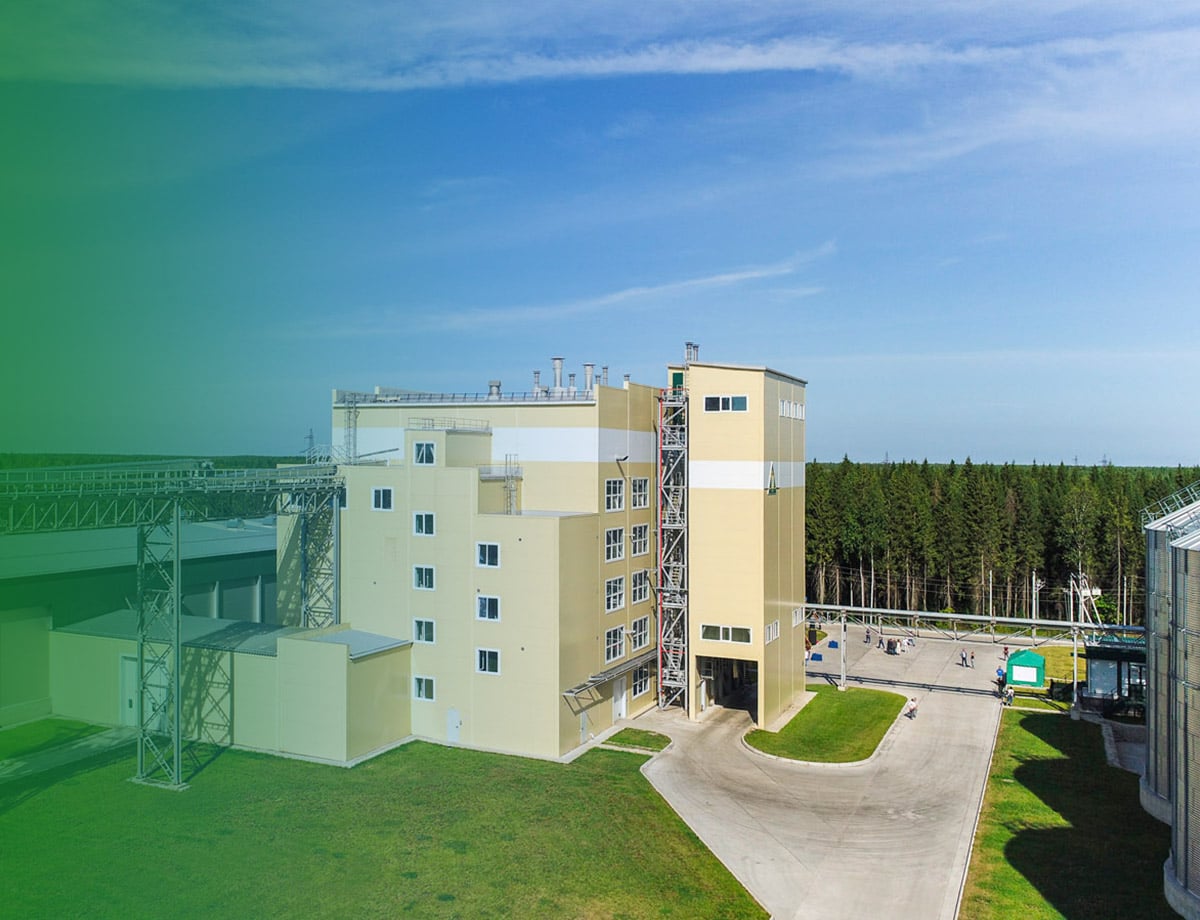In the field of organic fertilizer production, the choice of raw materials is critical in determining the quality and effectiveness of the final product. To produce a high-quality fertilizer that meets the needs of modern agriculture, sourcing the right materials and implementing stringent quality control measures are crucial steps in the production process. This article will explore the importance of material sourcing and quality control in organic fertilizer production lines, as well as the techniques and strategies used by manufacturers to ensure optimal product performance.

The Importance of Raw Material Sourcing in Organic Fertilizer Production
Raw material sourcing is the first and most important step in producing organic fertilizers. The raw materials used in organic fertilizers can include animal manure (such as chicken, cow, or horse manure), plant residues (such as crop waste or grass clippings), composted organic matter, and other biodegradable waste materials. The quality of these raw materials directly influences the nutrient content and overall effectiveness of the fertilizer. (Related post: fertilizer granulator machine)
- Nutrient Composition: The primary nutrients required for plant growth—nitrogen (N), phosphorus (P), and potassium (K)—must be present in the organic fertilizer. These nutrients are typically derived from the raw materials used in the production process. For example, poultry manure is rich in nitrogen, while composted plant matter may provide a source of phosphorus and potassium. The availability of these nutrients in the raw materials is a key consideration when selecting suppliers.
- Consistency and Availability: The consistency of raw materials is vital to ensuring that the final fertilizer product meets the desired nutrient levels and quality. Variability in raw materials can lead to inconsistencies in the fertilizer, which may affect plant growth and soil health. Manufacturers often seek suppliers who can provide a reliable and consistent supply of high-quality raw materials.
- Sustainability: As sustainable practices become more important in agriculture, the sourcing of raw materials must be considered from an environmental perspective. Organic fertilizer manufacturers are increasingly focused on using renewable, locally sourced, and waste-based materials to reduce their carbon footprint and contribute to the circular economy. This not only helps improve the environmental impact of fertilizer production but also ensures that the raw materials are being repurposed from agricultural or industrial by-products, thereby reducing waste.
The Role of Quality Control in Organic Fertilizer Production
Once the raw materials are sourced, quality control becomes an essential step to ensure that the organic fertilizer meets regulatory standards and performs effectively in the field. Quality control in organic fertilizer production involves various techniques to test the raw materials, intermediate products, and the final fertilizer product for quality, consistency, and safety.
- Raw Material Testing: To ensure the consistency and nutrient content of the raw materials, manufacturers often perform testing on incoming materials before they enter the production process. This can involve laboratory analysis to measure the levels of key nutrients (N, P, K), as well as screening for contaminants such as heavy metals, pathogens, or chemical residues. If the raw materials do not meet the required standards, they are either rejected or processed to meet the necessary quality levels.
- Granule and Pellet Quality: The quality of the granules or pellets produced in an organic fertilizer production line is also subject to strict quality control. During the granulation process, the size, hardness, and uniformity of the fertilizer pellets must be monitored to ensure consistency. The pellets should have the right diameter, be strong enough to withstand handling and transport, and be free from cracks or damage. Pellets that are too soft or too hard can affect their effectiveness and ease of application.
- Moisture Content Control: Moisture content plays a significant role in the performance and shelf life of organic fertilizers. Too much moisture can lead to the growth of mold or bacteria, while too little moisture can make the fertilizer too dry and dusty, affecting its application and effectiveness. Therefore, controlling moisture content during the drying and cooling stages is essential to maintain the product’s stability and ensure it delivers consistent results.
- Packaging and Labeling: Once the fertilizer is produced, it is packaged for distribution. Proper packaging and labeling are critical for both safety and regulatory compliance. Labels must clearly indicate the nutrient content, usage instructions, and safety precautions to ensure that customers understand how to apply the product correctly and safely. Packaging should protect the fertilizer from contamination and degradation during storage and transport. (Related post: organic fertilizer production project)
Techniques for Ensuring Quality Control in Organic Fertilizer Production
To maintain high quality throughout the production process, organic fertilizer manufacturers employ various techniques for monitoring and improving the quality of their products. These include:
- On-Site Testing and Inspections: Many manufacturers invest in on-site laboratories where raw materials, intermediate products, and finished fertilizers are regularly tested for quality. This enables real-time monitoring of the production process and allows for immediate corrective action if any issues arise.
- Automation and Monitoring Systems: Automated systems and sensors can be used throughout the production line to monitor key variables such as temperature, humidity, and nutrient levels. This data can be analyzed in real time to ensure that the production process is operating within the desired parameters and to identify potential issues before they affect the final product.
- Third-Party Certifications and Standards: Many organic fertilizer producers seek third-party certifications (such as organic certification or ISO standards) to verify the quality and safety of their products. These certifications ensure that the products meet international standards and regulations, which can increase customer confidence and expand market opportunities.
Challenges in Material Sourcing and Quality Control
Despite the importance of sourcing high-quality raw materials and maintaining strict quality control measures, organic fertilizer producers face several challenges in these areas. Some of the key challenges include:
- Fluctuating Raw Material Prices: The prices of raw materials can fluctuate due to factors such as weather conditions, market demand, and transportation costs. This can affect the cost of production and the pricing of the final fertilizer product. Manufacturers must carefully manage their raw material sourcing to minimize the impact of price volatility.
- Supply Chain Disruptions: Organic fertilizer production is often reliant on specific raw materials, which can be affected by supply chain disruptions. Issues such as natural disasters, transportation delays, or labor shortages can hinder the availability of critical raw materials. Manufacturers must have contingency plans in place to deal with such disruptions.
- Regulatory Compliance: The organic fertilizer industry is subject to a variety of regulations related to environmental safety, product quality, and consumer protection. Staying compliant with these regulations can be complex, particularly as standards vary from one country to another. Manufacturers must invest in research and development to ensure their products meet the necessary requirements.
Conclusion
The success of an organic fertilizer production line depends heavily on the sourcing of high-quality raw materials and the implementation of rigorous quality control measures. By focusing on sustainable sourcing, maintaining consistency in raw material quality, and using advanced techniques for product testing and monitoring, organic fertilizer producers can ensure that their products deliver optimal performance in the field. As the demand for organic farming and sustainable agriculture continues to grow, the importance of raw material sourcing and quality control will only increase, making these factors key to the long-term success of the organic fertilizer industry.








